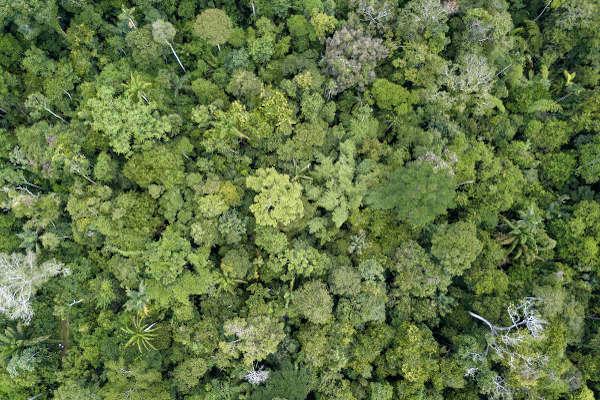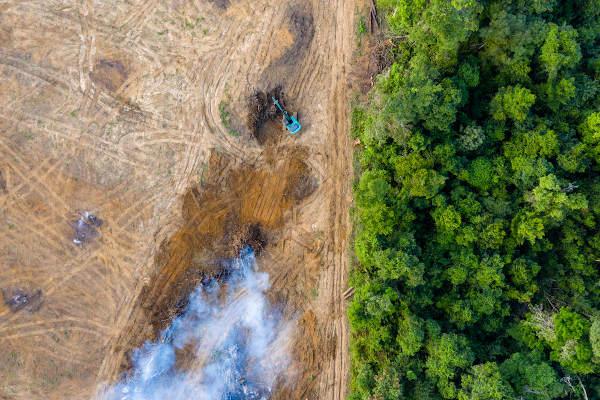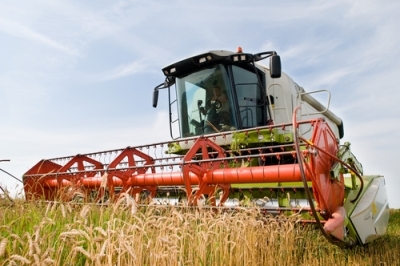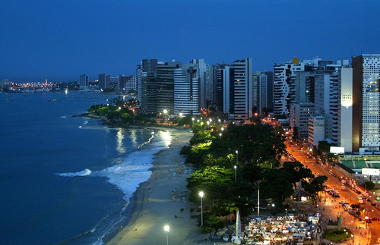Biodiversity is a term first used in the 1980s as a synonym for the expression of biological diversity. Talking about biodiversity is talking about the richness of species in a region as well as the variations that occur in these species. All areas of the planet have biodiversity, however, in some regions, it is greater, but this does not mean that its importance is reduced when in smaller amounts. Each species has its role in nature and is fundamental for the balance of ecosystem.
Read too: Global Warming and Species Extinction
Biodiversity concept
The expression "biological diversity" has been used since the 1980s and, initially, it referred only to the number of species that lived in a particular region., that is, the amount of animals, plants and microorganisms in an area. Its meaning has become, over time, more complex, including other aspects of diversity as well, such as genetic diversity among organisms. In 1986, the entomologist E. O. Wilson used the term biodiversity to replace the aforementioned expression.

THE "Convention on Biological Diversity", created at ECO-92, deals with the theme of biodiversity. In this important document, biological diversity is defined as follows:
"Biological diversity means the variability of living organisms of all origins, comprising, among others, terrestrial, marine and other aquatic ecosystems and the ecological complexes of which they make part; further understanding the diversity within species, between species and ecosystems.”
O Ministry of the Environment it also emphasizes that “biodiversity encompasses the entire variety of species of flora, fauna and microorganisms; the ecological functions performed by these organisms in ecosystems; and the communities, habitats and ecosystems formed by them”.
Do not stop now... There's more after the advertising ;)
The richness of biodiversity
Many species of living beings are found in different areas of the planet, other species, however, are found in only one region. Some areas are rich in biodiversity, while others have a small variety of species. The fact is that the The planet's biodiversity is immense and can be seen in all environments, from the depths of the oceans to the highest mountains.
According to Chico Mendes Institute for Biodiversity Conservation, Brazil is the country with the greatest biodiversity of flora and fauna on the planet. Also according to the institute, there are more than 103,870 animal species and 43,020 plant species known to science, and this variety of living beings and ecosystems is due to factors such as climate and territorial extension of our country. In Brazil, the regions of Amazon rainforest and of the Atlantic forest stand out in this regard.
Other regions of the planet do not have a biodiversity as rich as ours, which is the case of the deserts. One of the reasons they have little biodiversity is the low amount of rain. In addition to deserts, another region that has low biodiversity is the biome Tundra, this result being related, among other factors, to the low temperature.
Read too: Brazilian biomes - mind map, summary, fauna and flora
Importance and need to preserve biodiversity
Biodiversity is important in several ways. According to the “Convention on Biological Diversity”, biodiversity presents ecological, genetic, social, economic, scientific, educational, cultural, recreational and aesthetic values.

Concerning ecological importance, the reasons are clear: each species on the planet plays a role in the ecosystem. Plants, for example, are the basis of all food chain, in addition to serving as housing for some species and providing oxygen in the process of photosynthesis. When a species goes into extinction, the entire local ecosystem is impacted.
Biodiversity also presents economic importance. As we know, living beings are an important raw material in the manufacture of food, medicines, cosmetics, clothing and even housing. Preserving means ensuring, therefore, that these resources will not be lacking in the future and that the environment remains in balance.
Despite knowing the importance of biodiversity, humans are still responsible for its destruction. THEpollution, O loggingand the exaggerated exploration are some actions responsible for reducing the planet's biodiversity.
Read too: Deforestation in the Amazon – in the last 30 years, causes and consequences
International Biodiversity Day
The International Biodiversity Day is celebrated every year on the May 22nd. This date, created by the United Nations, is a moment of reflection and awareness about the need to take care of the diversity of life on Earth. Every year, a different theme is chosen and different actions are carried out around it.
By Vanessa Sardinha dos Santos
Biology teacher



